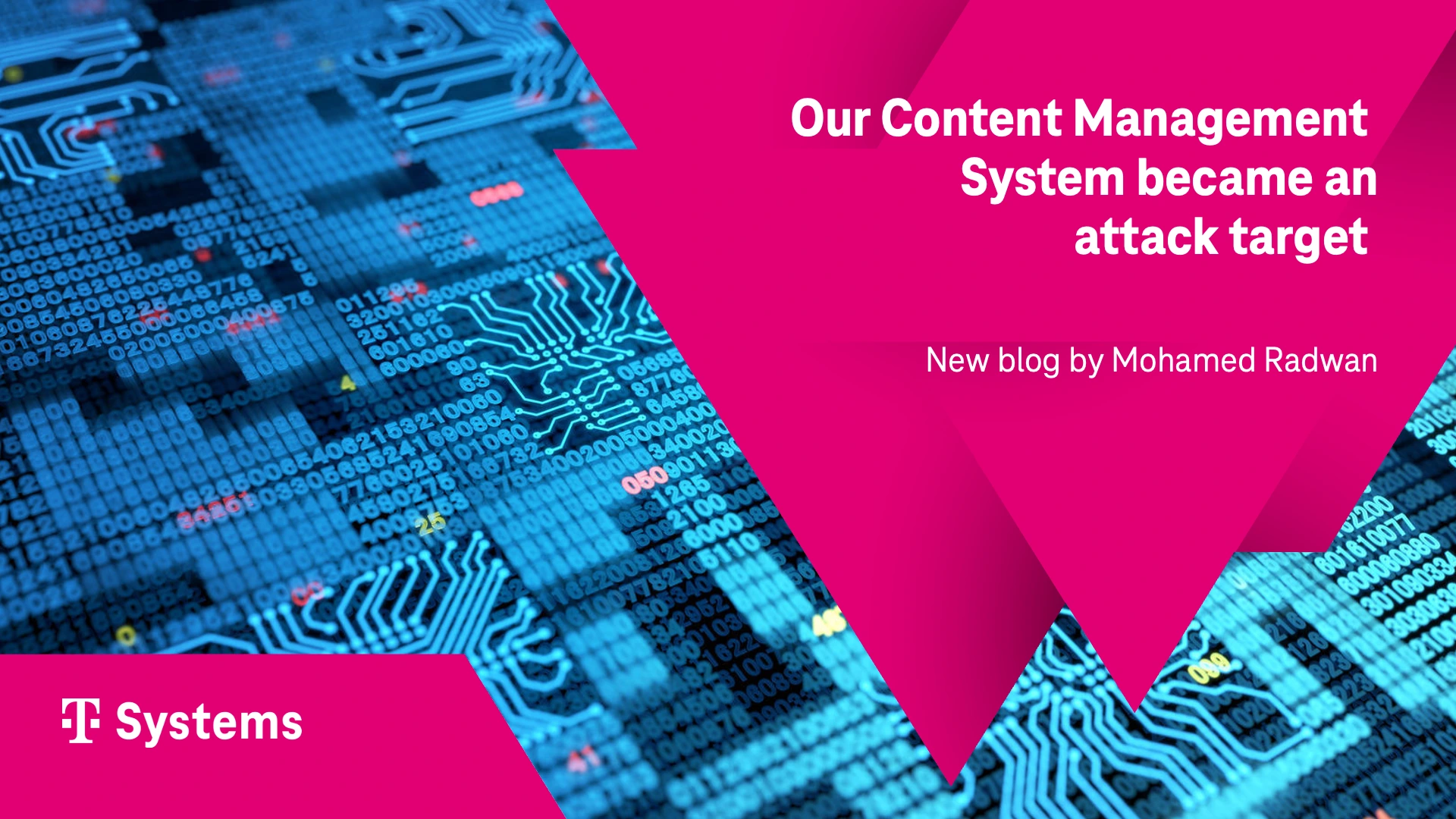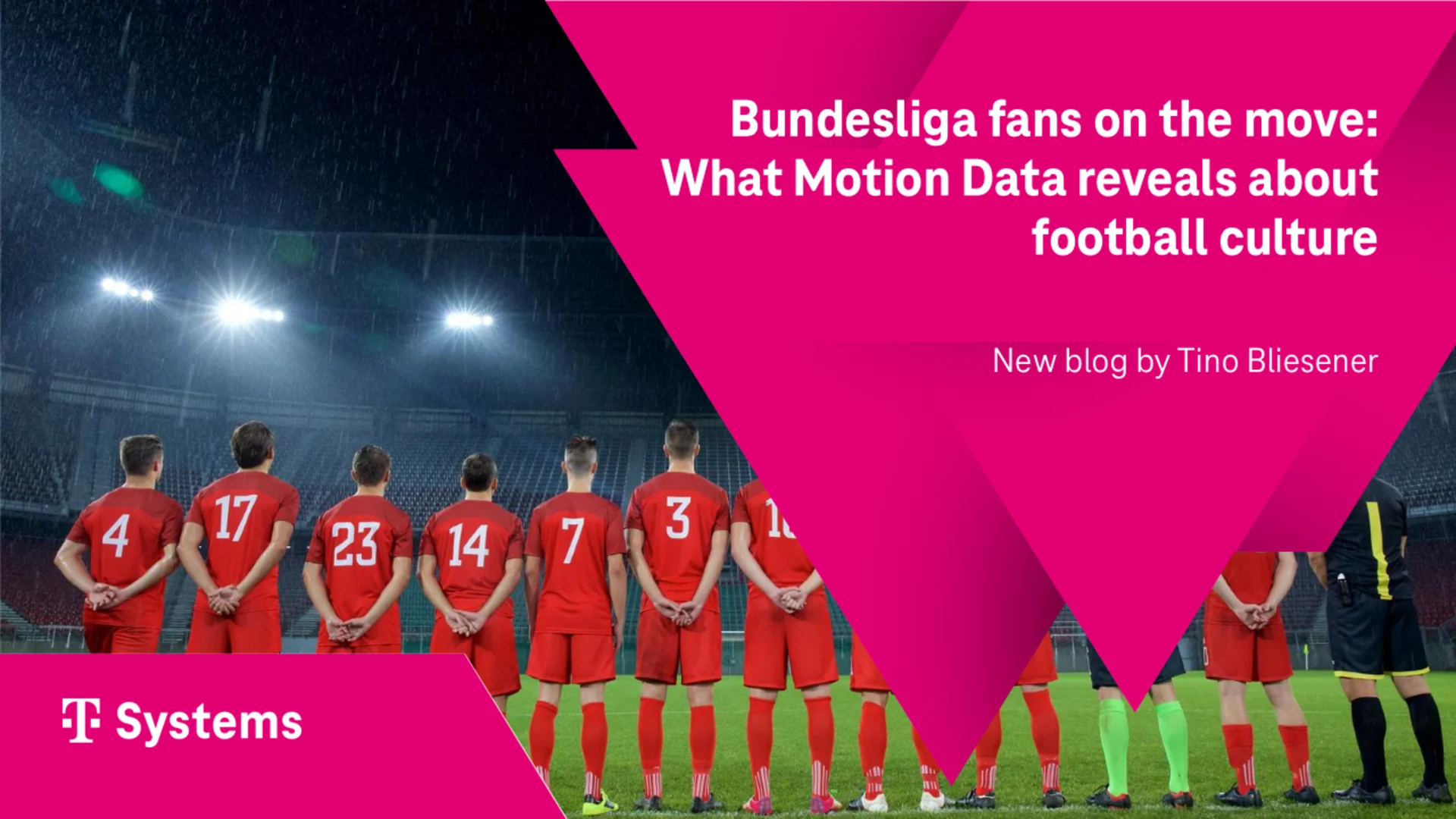
Data mesh
Revolutionize your Data Management System with Data mesh
Understand Data mesh
Data-driven companies rely on speed of analysis, self-service for business customers and an agile way of developing insights with modern concepts such as AI and real-time data.
Your legacy data landscapes, however, might limit your agility with long development cycles, limited hardware scaling, runtime bottlenecks, high overall complexity and limited knowhow on data in business domains – while being tedious in maintaining and costly in operations.
By embracing the four key principles of Data mesh, you can unlock the full potential of your internal data ecosystem.
Your legacy data landscapes, however, might limit your agility with long development cycles, limited hardware scaling, runtime bottlenecks, high overall complexity and limited knowhow on data in business domains – while being tedious in maintaining and costly in operations.
By embracing the four key principles of Data mesh, you can unlock the full potential of your internal data ecosystem.
An approach to data management that empowers organizations to effectively leverage their data assets
Data mesh Journey
We plan, build and run your future data landscape – tailored to your needs.
1
Data Vision
- Understand your current data journey
- Define a clear vision
- Identify use cases and additional value
2
Data mesh Assessment
- Understand your existing data architecture
- Understand your existing organizational structure and align it with the roles and responsibilities of Data mesh
3
Data mesh Design
- Design your future data architecture
- Align capabilities required by data mesh with existing data platform components
- Plan migration and onboard easily with our Advisory packages
4
Change Journey
- Adapt roles from centralized to decentralized teams
- Communicate effectively within your organization
5
Data mesh Implementation
- Build necessary data mesh platform features
- Create an initial set of data products
- Validate the success
Benefits of Data mesh
By embracing Data mesh, you can overcome traditional challenges associated with centralized data management approaches. Unlock the full potential of your data assets and establish a strong foundation for data-driven success.
Trust
Enable trust among participants in your ecosystems with Verifiable credentials to foster reliable data sharing
Collaboration
Companies can easily collaborate and innovate across domains and ecosystems
Interoperability
Make data resources and services findable throughout different dataspaces
Transparency
Gain transparency of available data and their costs
Compliant
Stay compliant to evolving laws and regulations
Automation
Establish seamless identity and data management with e2e automation across dataspaces
Going one step further
Once implemented, your data mesh provides the right environment for faster innovation, improved data quality, cross-unit collaboration, improved data quality, and greater autonomy for your teams.
If you want to enhance the added-value through your data even further, think of a data mesh that spans also to other companies like your suppliers, partners, or customers. A so-called Dataspace Mesh or Mesh Dataspaces extends the notion of a data mesh beyond an enterprise environment to include new types of distributed, federated, and decentralized data systems.
Connecting distributed dataspaces into a mesh offers you easy data exchange across companies, insights sharing, and collaboration while maintaining data sovereignty. Learn more about dataspaces here.
If you want to enhance the added-value through your data even further, think of a data mesh that spans also to other companies like your suppliers, partners, or customers. A so-called Dataspace Mesh or Mesh Dataspaces extends the notion of a data mesh beyond an enterprise environment to include new types of distributed, federated, and decentralized data systems.
Connecting distributed dataspaces into a mesh offers you easy data exchange across companies, insights sharing, and collaboration while maintaining data sovereignty. Learn more about dataspaces here.





